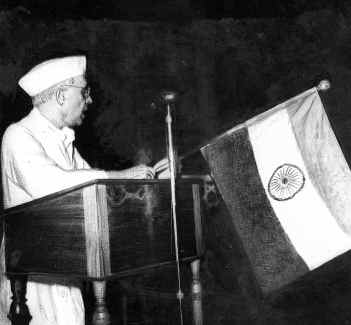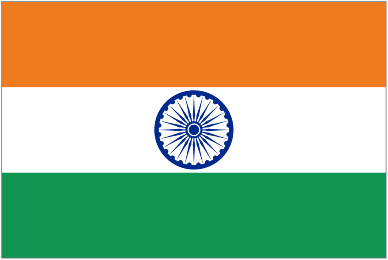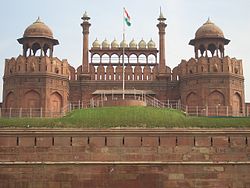January 30

Today Indians recall one of the darkest days in their country’s history, while schoolchildren in Spain learn about Dia Escolar de la No-violencia y la Paz, (School Day of Non-Violence and Peace). The holiday marks the tragic assassination of Indian leader Mahatma Gandhi, whose non-violent methods helped India gain independence from Great Britain, and inspired leaders from Martin Luther King Jr. to Nelson Mandela.
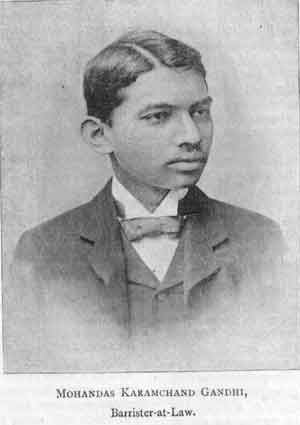
I believe that Gandhi’s views were the most enlightened of all the political men in our time…We should strive to do things in his spirit: not to use violence in fighting for our cause, but by non-participation in anything you believe is evil.
Albert Einstein
If humanity is to progress, Gandhi is inescapable. He lived, thought, and acted, inspired by the vision of humanity evolving toward a world of peace and harmony…Gandhi resisted evil with as much vigor and power as the violent resister, but he resisted with love instead of hate. True pacifism is not unrealistic submission to evil power. It is rather a courageous confirmation of evil by the power of love.
Dr. Martin Luther King, Jr.
His life has inspired me ever since I was a small boy. Ahimsa or nonviolence is the powerful idea that Mahatma Gandhi made familiar throughout the world. But nonviolence does not mean the absence of violence. It is something more positive, more meaningful than that, for it depends wholly on the power of truth.
The Dalai Lama
Mahatma Gandhi came and stood at the door of India’s destitute millions, clad as one of themselves, speaking to them in their own language…who else has so unreservedly accepted the vast masses of the Indian people as his flesh and blood…Truth awakened Truth.
Rabindranath Tagore
Mahatma Gandhi will always be remembered as long as free men and those who love freedom and justice live.
Haile Selassie I
There is no religion higher than Truth and Right-eousness.
If all men realized the obligation of service (as an eternal moral law), they would regard it as a sin to amass wealth; and then, there would be no inequalities of wealth and consequently no famine or starvation.
There is an indefinable mysterious power that pervades everything. I feel it though I do not see it. It is this unseen power which makes itself felt and yet defies all proof because it is so unlike all that I perceive through my senses. But it is possible to reason of the existence of god to a limited extent. Even in ordinary affairs we know that people who do not know who rules or why and how He rules and yet they know that there is a power that certainly rules. In my tour last year in Mysore I met many poor villagers and I found upon inquiry that they did not know who ruled Mysore. They simply said some God ruled it. If the knowledge of these poor people was so limited about their ruler I who am infinitely lesser in respect to God than they to their ruler need not be surprised if I do not realize the presence of God – the King of Kings. Nevertheless I do feel as the poor villagers felt about Mysore that there is orderliness in the universe, there is an unalterable law governing everything and every being that exists or lives.
Mahatma Gandhi
The Spanish observance of the Indian civil rights leader’s death was established by Spain’s Education Secretary Lorenzo Vidal in 1964.

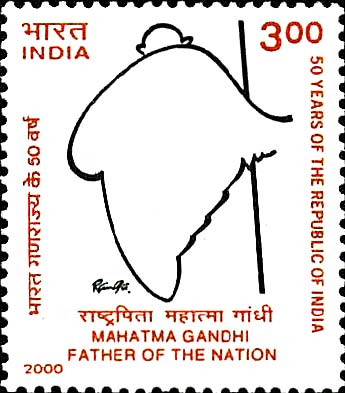
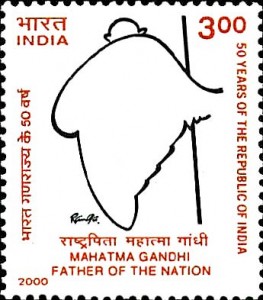
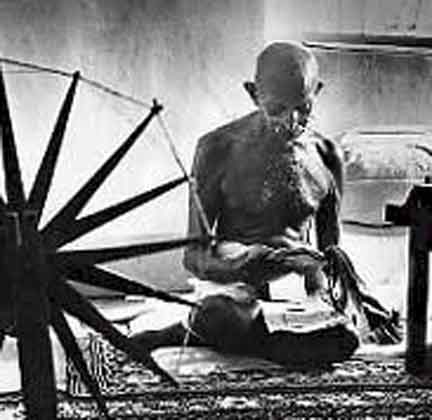 Gandhi’s weapons included strikes, protests, and boycotts of British goods. He encouraged Indians to spin their own cloth and renounce British titles of nobility.
Gandhi’s weapons included strikes, protests, and boycotts of British goods. He encouraged Indians to spin their own cloth and renounce British titles of nobility.